
Isdan-School
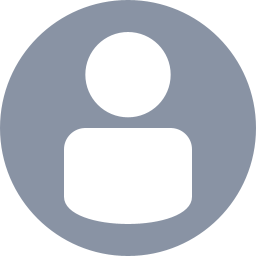
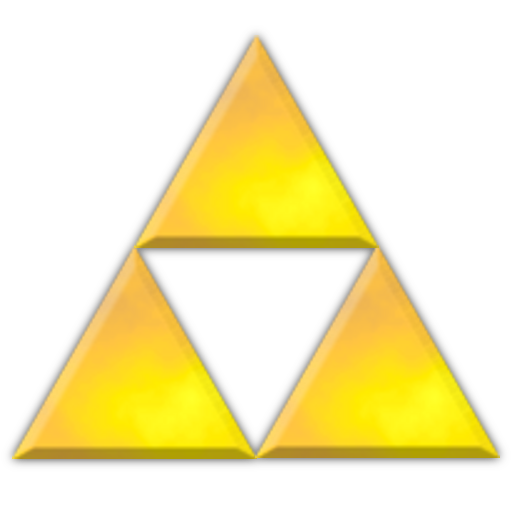



We believe that modern teaching methodology should prepare students for the workforce.
For this reason, we have decided to apply a pedagogy entirely based on project practice.
Indeed, we agree that students need to be prepared to follow specifications and deadlines. To achieve this, we immerse them in an active pedagogy based on practice.
Throughout each year, students will complete around twenty different projects, or more, to acquire specific and solid skills.
In Isdan School pedagogy, we aim to build an active network of students and future professionals. For this reason, at the end of the learning period, our students can choose a tribe name as a promotion team to gather everyone under one flag.
Superior year tribes may tutor lower year tribes during projects supervised by the teaching team.
Our teaching teams have been trained according to these pedagogies, so they have also been trained to teach.
During their course, students can become technical/pedagogical assistants and teach on modules to learn not only to transmit but also to sharpen their knowledge.
This is done under the supervision of the teaching team and on specific cases selected by them.
Project-based pedagogy implies that students are graded either during presentations or by correction robots.
Presentations allow students to present their projects as they would in a company.
Correction robots teach students rigour, as they check the writing standards in their codes and prohibit certain types of writing.
Any pedagogy, no matter how modern, requires students to be diligent and dedicated to their studies. For this reason, we have decided to be strict on this point.
Students can work remotely, but only if their attendance score is higher than 2/5. The attendance score is a note that appears on their user interface and takes into account, on each mandatory module, the respect of deadlines, frequent push on Git, their presence during daily meetings, and their success on modules.
All these factors create a score out of 5, and depending on their involvement, the pedagogy may decide to make adaptations.
The illiterate of the 21st century will not be those who cannot read or write, but those who cannot learn, unlearn, and relearn.
Alvin Toffler
Discovery and acquisition of basics:
C language
Unix System



During this module, students will learn how to recode the commands of the Linux operating system.

During this module, students will learn how to program a graphical window and apply shapes to it from drawing a pixel to creating a 3D video game.

During this module, students will learn how to program a audio sample, and to load a mp4 file.

During this module, students will learn how to configure their Linux systems and have the opportunity to learn how to automate tasks on their systems.


During this module, students will learn the basics of databases and get introduced to the SQL language.

During this module, students will learn the basics of web programming.
They will create their first PHP and HTML scripts,
Their first stylesheets with CSS,
And their first scripts with Javascript.
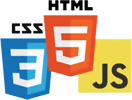

During this module, students will learn how to fill out their LinkedIn profile, as well as write cover letters and resumes.
Discovery of digital culture from creation to modern times.
Discovery and acquisition of basics:
C++ language

During this module, students will discover the historical language that is assembler by reprogramming basic system functions.
By creating their first microprocessor emulator.
By creating their first games in assembler.
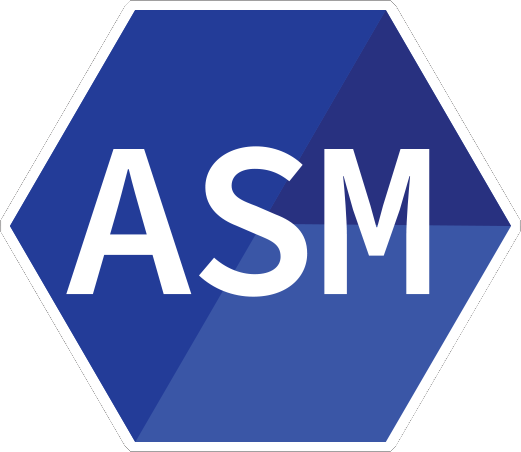

During this module, students will create their first video games using object-oriented programming principles.

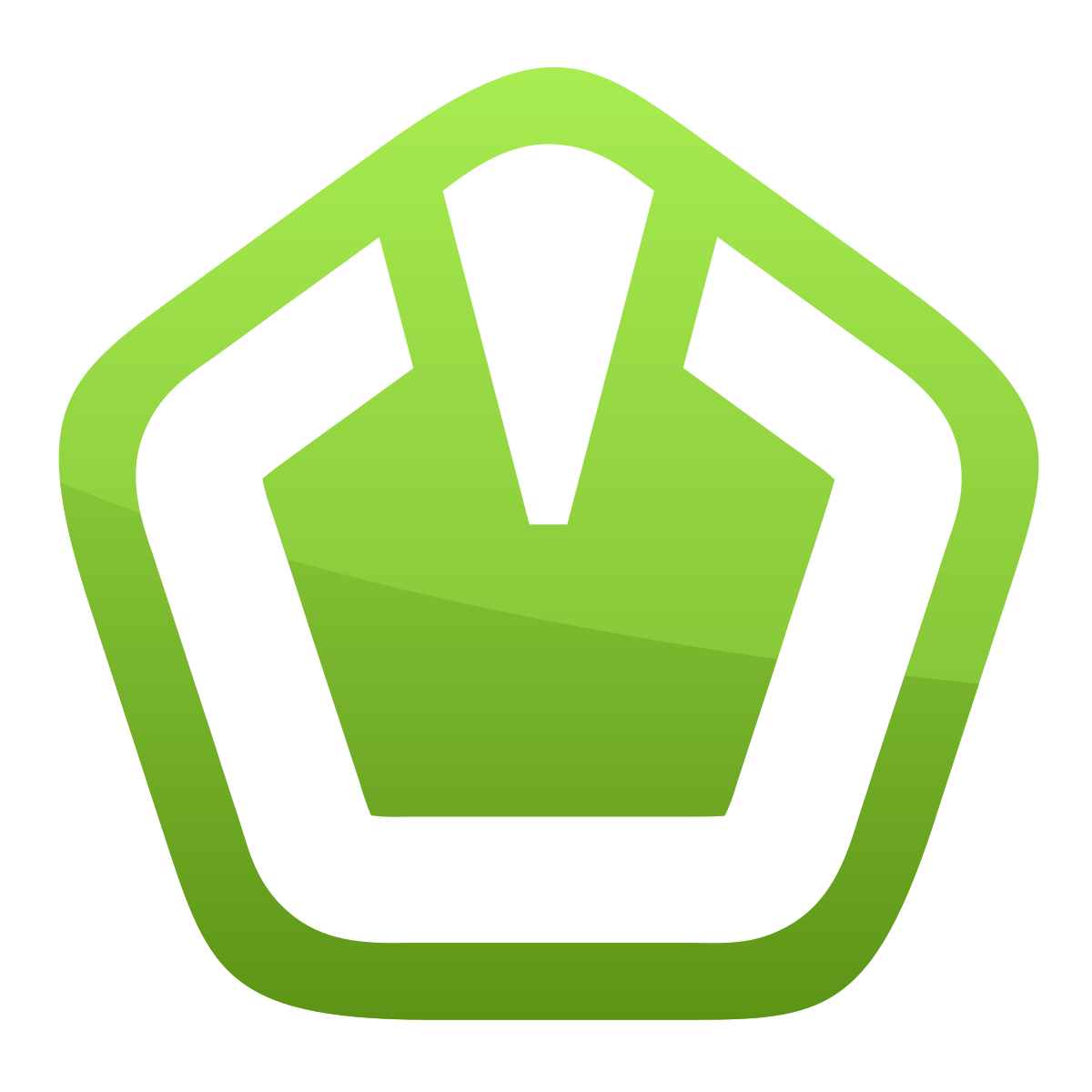
During this module, students will discover different network protocols such as TCP or UDP.


During this module, students will learn the basics of databases and get introduced to the PostgresSQL language.
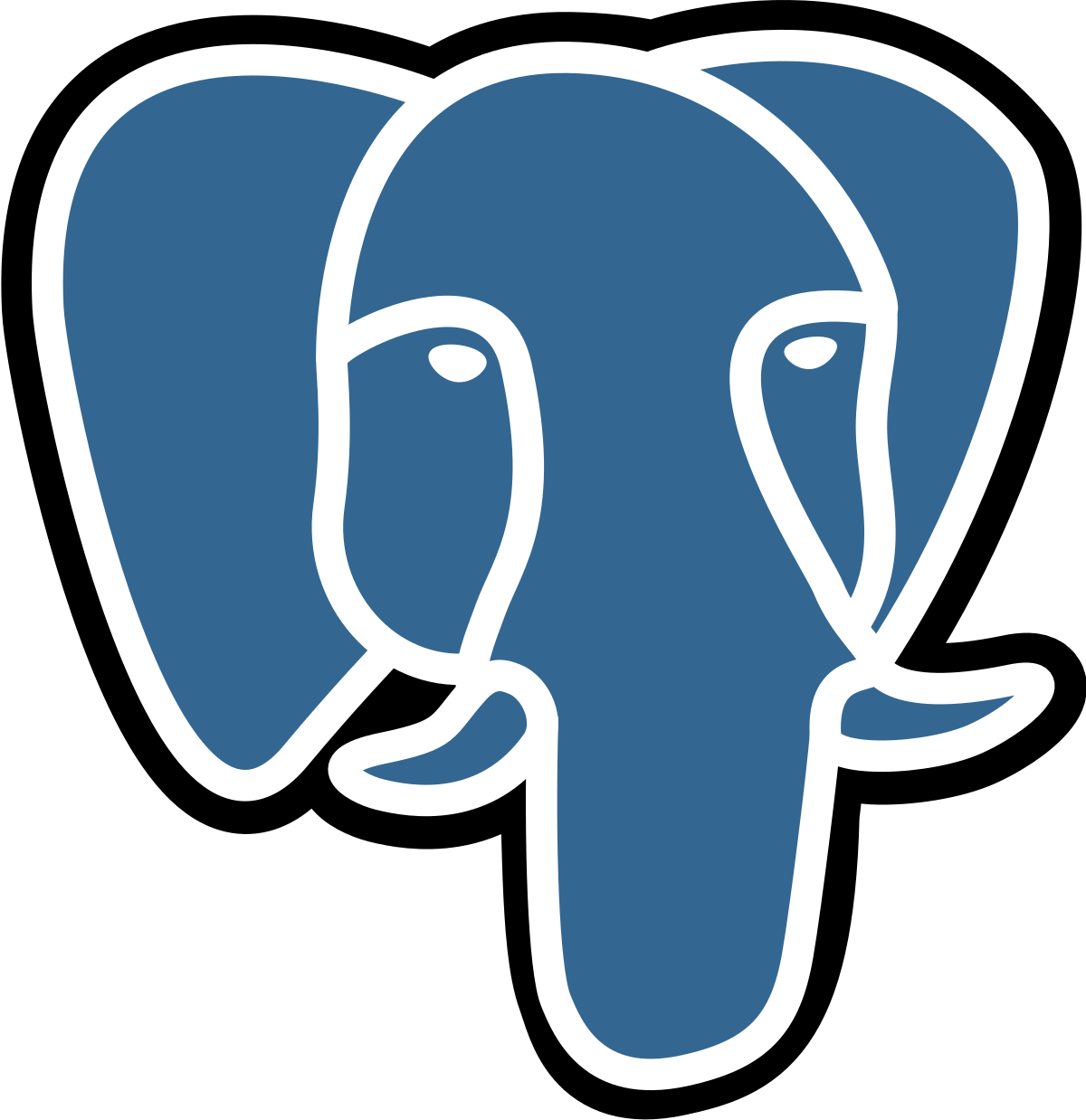
During this module, students will learn the basics of doing an api.



During this module, students will learn how to create their first websites using NodeJS.
They will create an IRC chat.

During this module, students will create their first mobile applications using Java or Kotlin.


Discovery and acquisition of basics of C# language and going further in C++

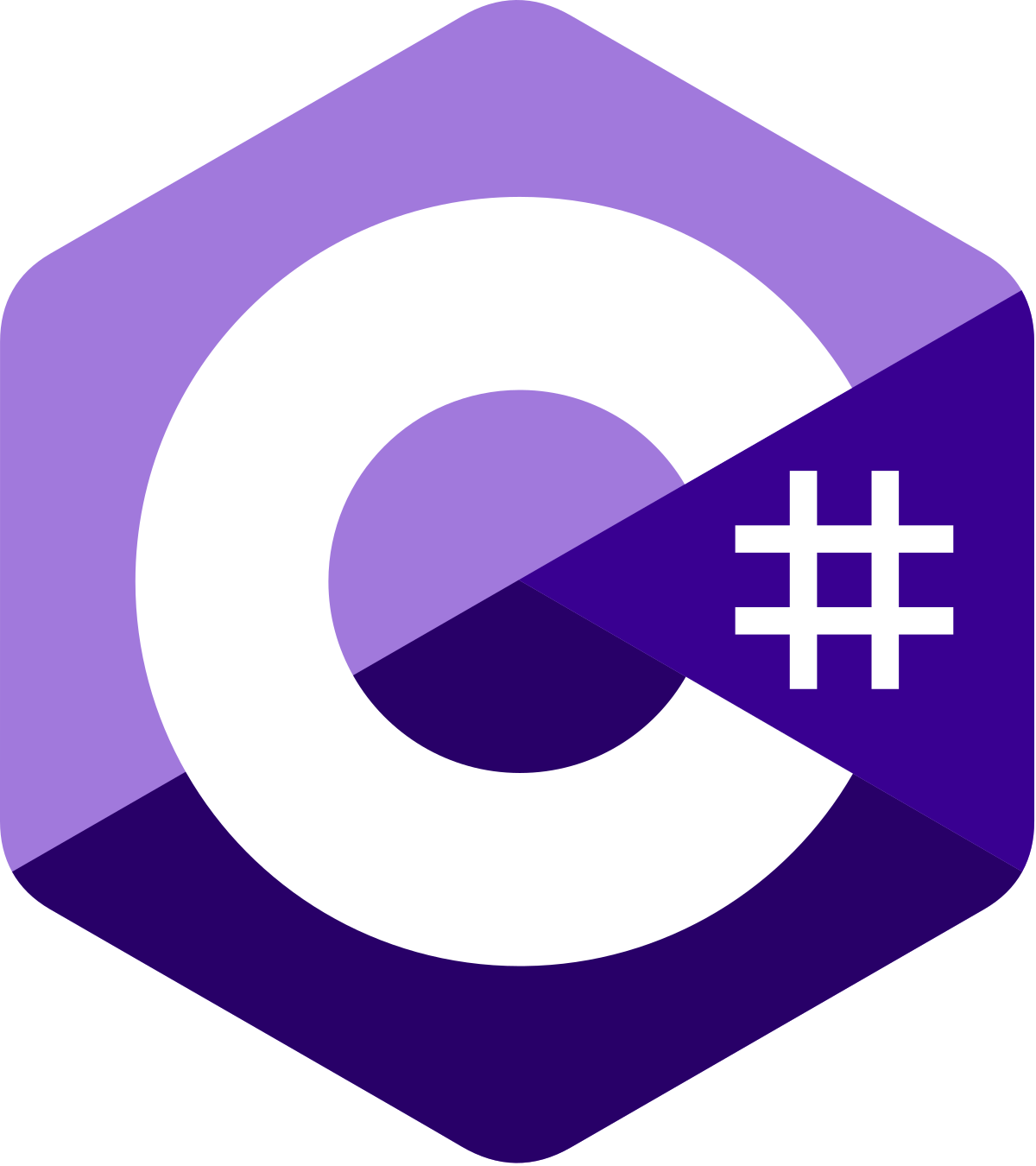
During this module, students will learn how to use either Unity3D or Unreal Engine.
They will become familiar with Blender for sprite editing.


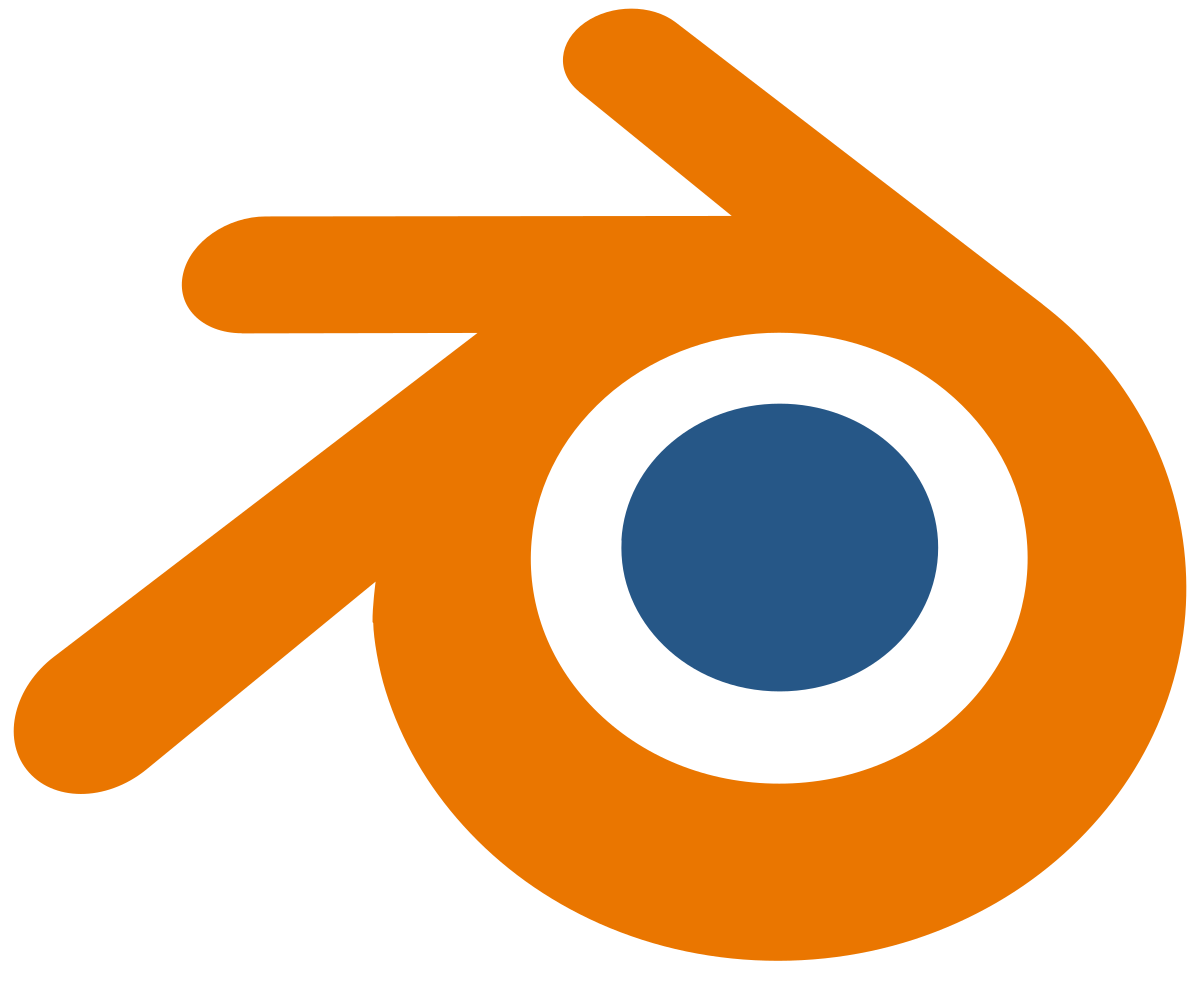
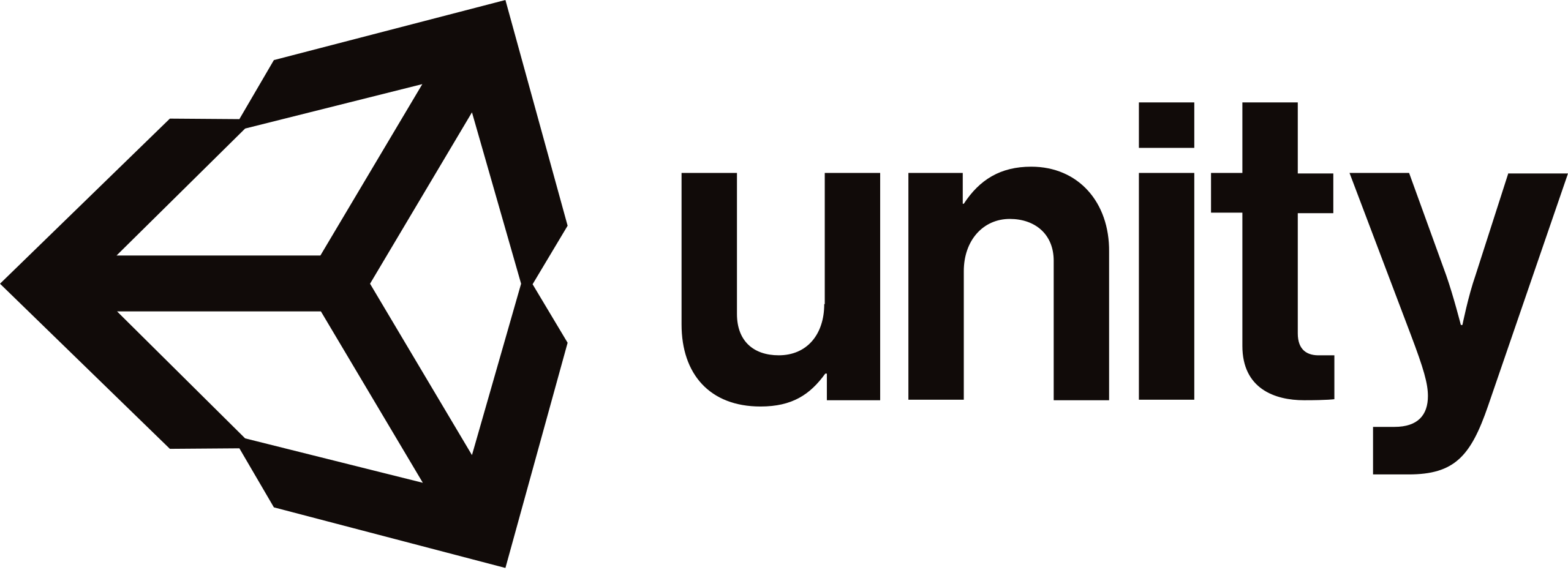

During this module, students will learn how to administer an enterprise network using a Unix operating system.
They will learn how to set up ssh security, how to host their own networks, and how to create their own internet routers.


During this module, students will create their first projects using the Rust language.

During this module, students will discover the Jenkins tool.

During this module, students will discover DevOps and will have to deploy websites using DevOps technologies.





